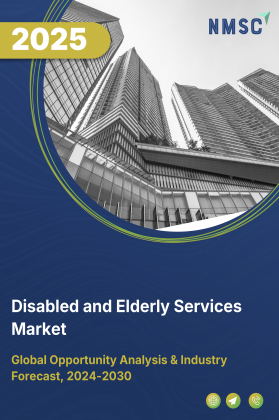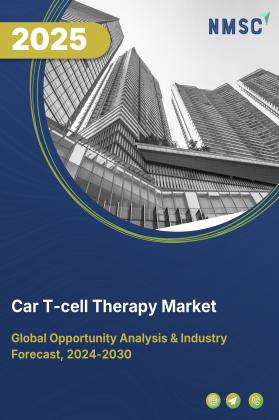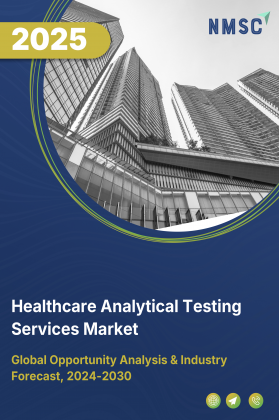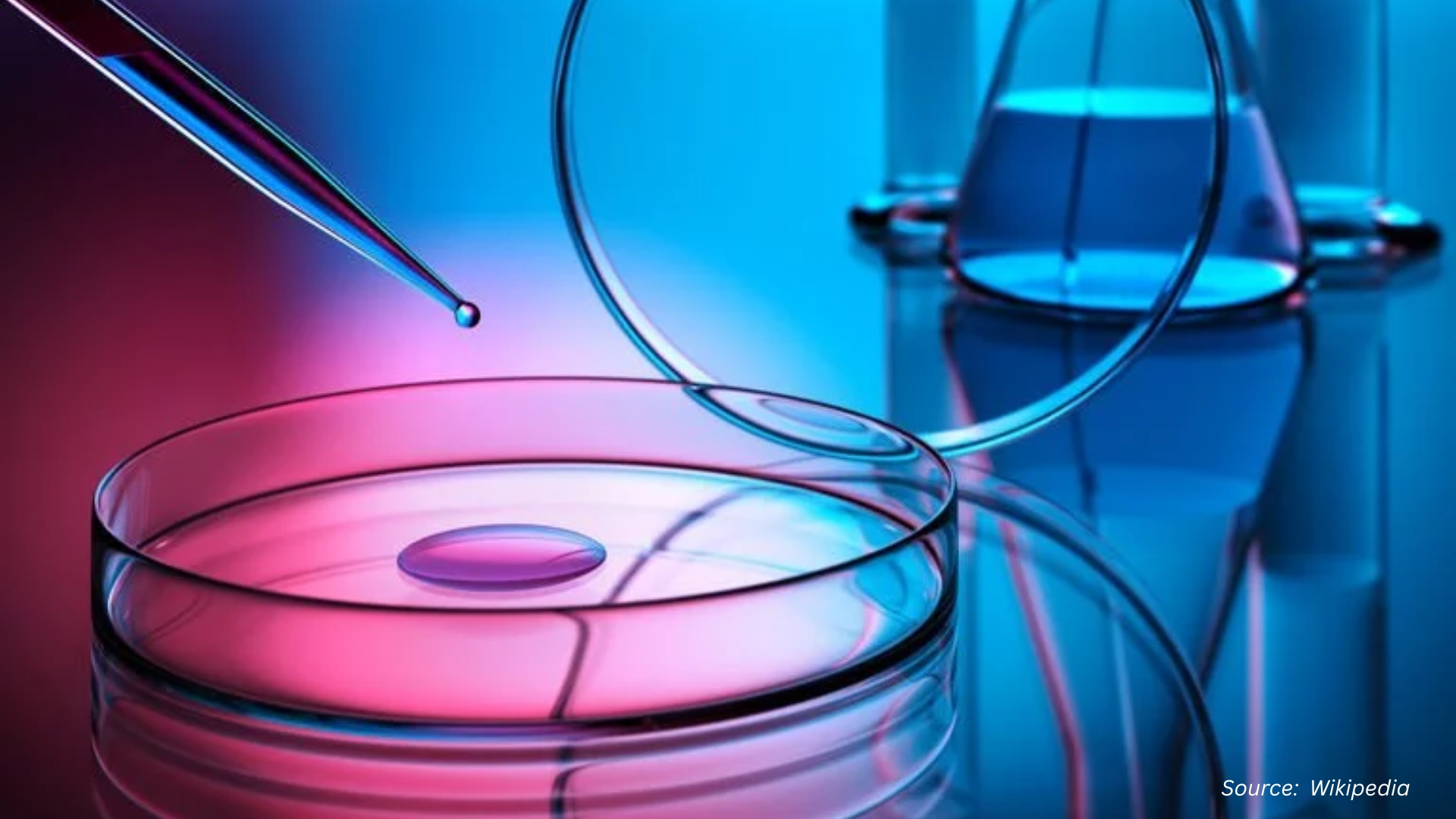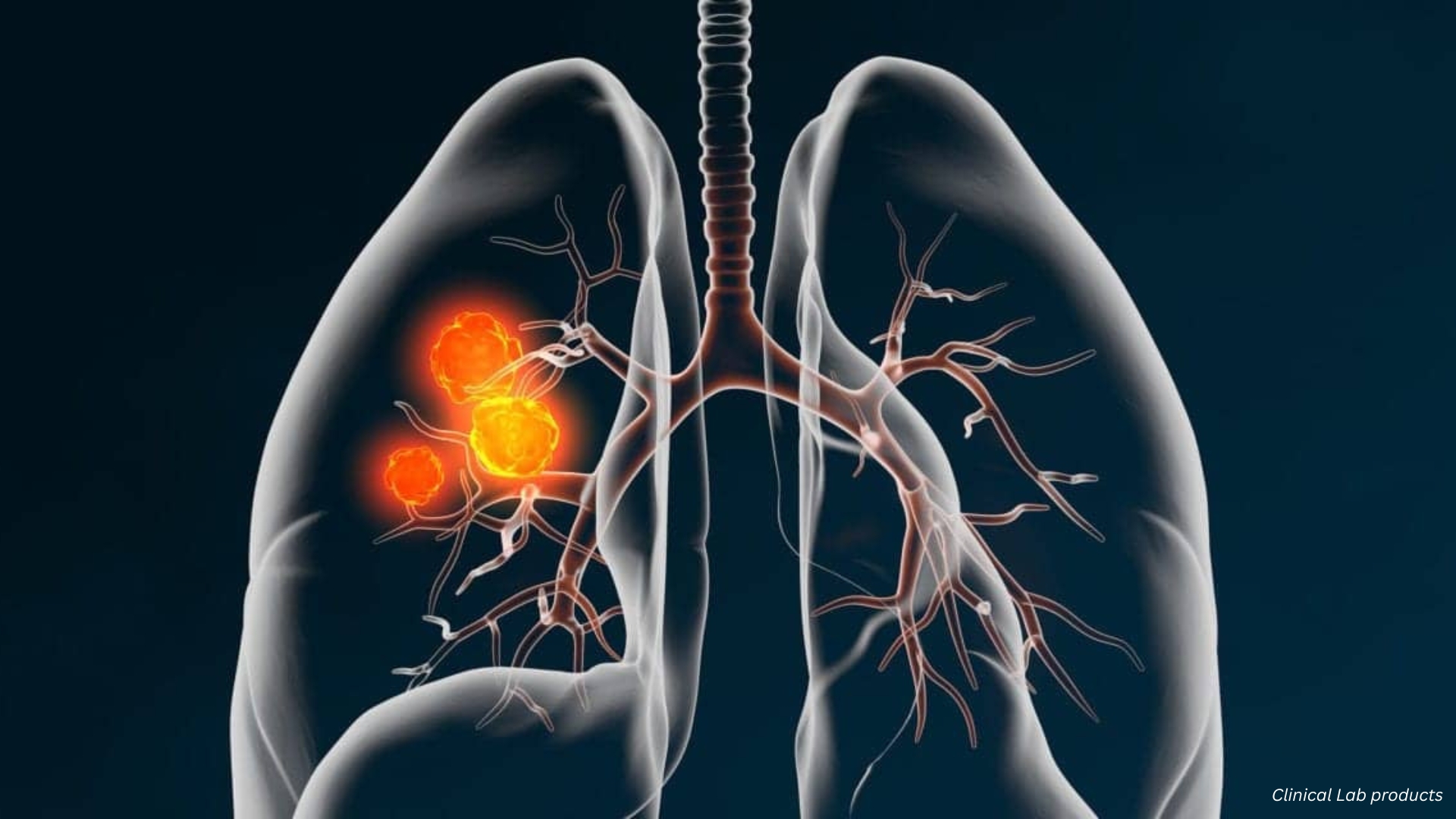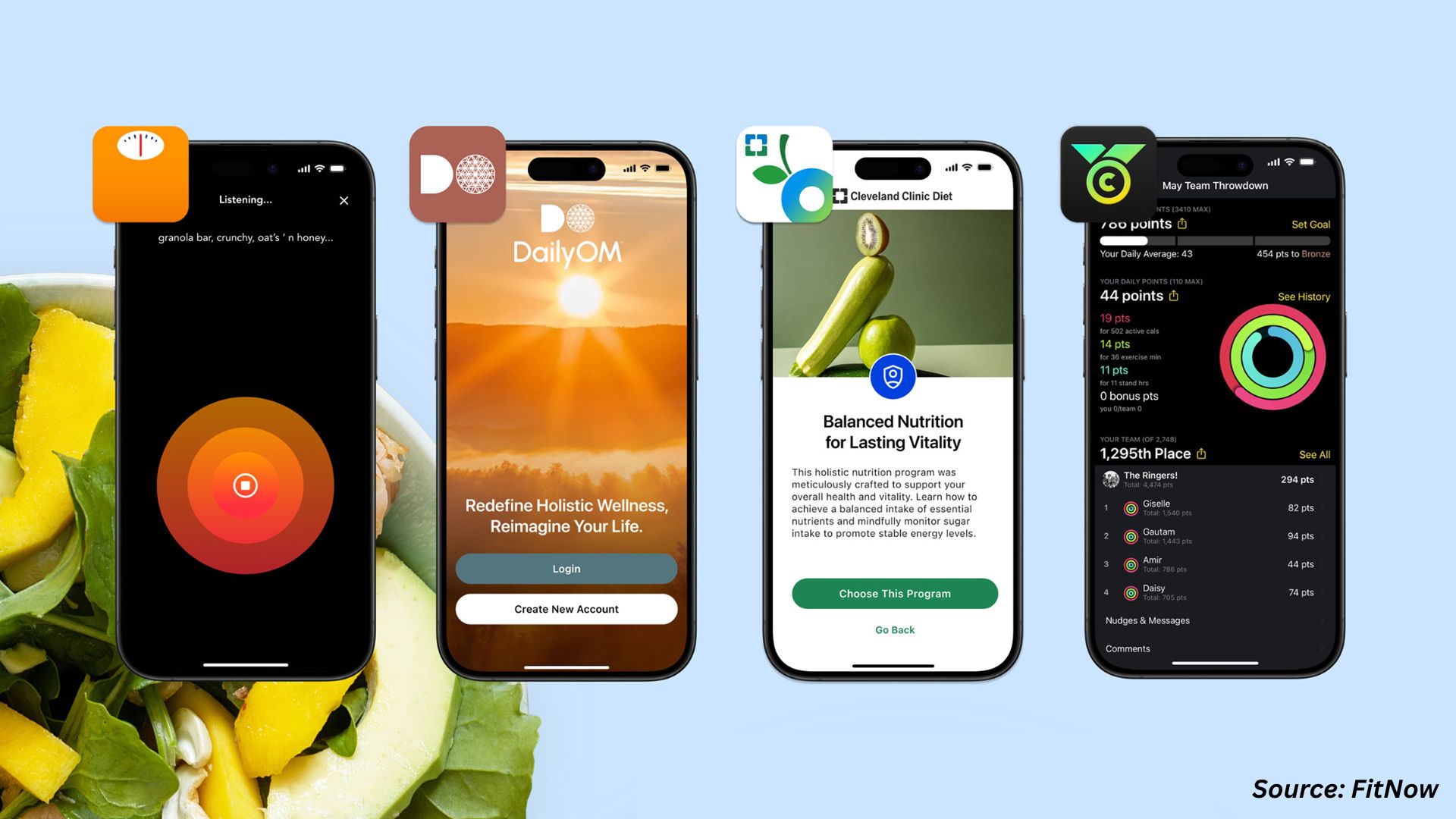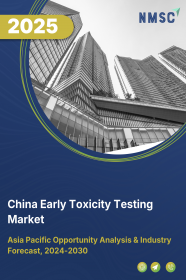
China Early Toxicity Testing Market by Technique (In Vivo, In Vitro and In Silico), by Toxicity Endpoint (Genotoxicity, Dermal Toxicity, Skin Toxicity, Ocular Toxicity, Phototoxicity, and Others), and by End-User (Pharmaceutical Industry, Cosmetic Industry, Chemical Industry, Food Industry, and Others) – Opportunity Analysis and Industry Forecast, 2025–2030
Industry: Healthcare | Publish Date: 02-Jun-2025 | No of Pages: 147 | No. of Tables: 112 | No. of Figures: 57 | Format: PDF | Report Code : HC750
Industry Overview
The China Early Toxicity Testing Market size was valued at USD 4.77 billion in 2024, and is predicted to reach USD 6.03 billion by 2030, at a CAGR of 3.9% from 2025 to 2030. The factors such as widespread occurrence of chronic diseases along with the expansion of pharmaceutical companies, accelerate the market growth.
However, the high cost associated with early toxicity testing poses a significant challenge to the growth of the market. On the contrary, the emergence of new technologies offers a promising future for market growth by improving the accuracy and dependability of toxicity testing results, which is expected to enhance the market expansion in the forthcoming years.
Moreover, the key players such as Merck KGaA, Laboratory Corporation of America Holdings, Medpace, Thermo Fisher Scientific, Charles River Laboratories International, Inc., and others are taking various initiatives such as product launches and collaboration across various countries and regions to maintain their competitive position in the market. These initiatives are expected to drive the adoption of the early toxicity testing market, enabling quicker identification of safety issues. With advancements in 3D cell culture, the scope of clinical trial risks reduces, ensuring product safety and regulatory compliance while offering benefits such as reduced late-stage risks, cost reductions, and fewer ethical concerns due to non-animal testing methods, ultimately accelerating the market for further growth.
Widespread Occurrence of Chronic Diseases Fuels the Growth of the Market
The widespread occurrence of chronic diseases acts as a major driver for the China early toxicity testing market growth. Individuals suffering from long-term conditions depend on sustained treatment solutions, which increases the need for new and safer drugs. To improve quality of life and manage symptoms more effectively, pharmaceutical companies are developing advanced therapies tailored to the specific needs of patients with chronic illnesses. According to the latest globocan report, cancer cases in Asia reached 10 million in 2022 and are projected to rise to 16 million by 2050, reflecting a 60% increase. This surge is leading to a higher demand for specialized toxicity testing methods that align with the growing need for targeted and safe treatments, thereby boosting the market.
Expansion of the Pharmaceutical Companies Drives the China Early Toxicity Testing Market Demand
The expansion of pharmaceutical companies in China significantly contributes to the growth of the early toxicity testing sector. As pharmaceutical industries invest in developing innovative drugs, the need for toxicity testing during the early stages of development becomes essential to identify harmful substances. Early detection of toxic compounds not only improves drug efficacy but also helps reduce time and cost associated with product development. The growth in the pharmaceutical sector accelerates the adoption of early toxicity testing solutions, ultimately propelling the market forward.
High Cost of Early Toxicity Testing Restricts the Industry Growth
The high cost associated with preclinical toxicity testing presents a substantial challenge to the China early toxicity testing market expansion. Investments in specialized tools, cutting-edge technologies, and skilled professionals create financial pressure, particularly for small and mid-sized enterprises. Due to these cost constraints, many companies continue to rely on traditional and less advanced methods of toxicology screening methods, which are more affordable but less effective and ethical. This financial barrier delays the adoption of modern testing techniques, limiting the growth potential of the early toxicity testing market.
Emergence of New Technologies Creates Opportunity for Market Growth
The emergence of advanced technologies such as 3D cell culture-based in vitro testing presents significant growth opportunities for the China early toxicity testing market trends. These innovative models provide a more accurate simulation of human tissues and organs compared to traditional 2D cell cultures, leading to improved toxicity predictions.
By supporting the interaction of multiple cell types, 3D cell cultures mimic the complex microenvironment of human organs, enhancing the precision of toxicological assessments. This not only reduces clinical trial risks but also aligns with global trends in non-animal testing approaches, ultimately driving future growth in the sector.
Competitive Landscape
The promising players operating in the China early toxicity testing industry include Merck KGaA, Laboratory Corporation of America Holdings, Medpace, Thermo Fisher Scientific, Charles River Laboratories International, Inc., Danaher Corporation, Eurofins Scientific, PerkinElmer, Inc., Bio-Rad Laboratories, Inc., Agilent Technologies, Inc., Hangzhou Singclean Medical Products Co., Ltd., ICON plc, XenoTech, Linical Co. Meditrial, Lonza, and others.
China Early Toxicity Testing Market Key Segments
By Technique
-
In Vivo
-
In Vitro
-
Cell Culture
-
PCR
-
ELISA
-
Western Blotting
-
Protein Binding Assays
-
-
In Silico
By Toxicity Endpoint
-
Genotoxicity
-
Dermal Toxicity
-
Skin Toxicity
-
Ocular Toxicity
-
Phototoxicity
-
Others
By End-User
-
Pharmaceutical Industry
-
Cosmetic Industry
-
Chemical Industry
-
Food Industry
-
Others
Key Players
-
Merck KGaA
-
Laboratory Corporation of America Holdings
-
Charles River Laboratories International, Inc.
-
Danaher Corporation
-
Eurofins Scientific
-
PerkinElmer, Inc.
-
Bio-Rad Laboratories, Inc.
-
Agilent Technologies, Inc.
-
Hangzhou Singclean Medical Products Co., Ltd.
-
ICON plc
-
XenoTech
-
Linical Co. Meditrial
-
Lonza
REPORT SCOPE AND SEGMENTATION:
|
Parameters |
Details |
|
Market Size Value in 2024 |
USD 4.77 billion |
|
Revenue Forecast in 2030 |
USD 6.03 billion |
|
Value Growth Rate |
CAGR of 3.9% from 2025 to 2030 |
|
Analysis Period |
2024–2030 |
|
Base Year Considered |
2024 |
|
Forecast Period |
2025–2030 |
|
Market Size Estimation |
Billion (USD) |
|
Growth Factors |
|
|
Companies Profiled |
15 |
|
Market Share |
Available for 10 companies |
|
Customization Scope |
Free customization (equivalent up to 80 working hours of analysts) after purchase. Addition or alteration to country, regional, and segment scope. |
|
Pricing and Purchase Options |
Avail customized purchase options to meet your exact research needs. |




















 Speak to Our Analyst
Speak to Our Analyst



